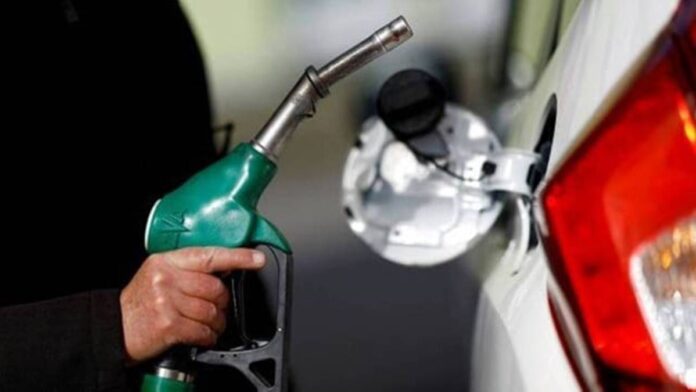Petrol prices in India currently stand at Rs 101 per litre amid continued volatility in global oil prices — with many neighbouring countries selling fuel at significantly lower prices. The cost is also Rs 21 more than petrol prices paid by people in the US as well as Pakistan.
Data that has since gone viral on social media platforms indicates that Indian customers pay an average of Rs 101 for a litre of Octane 95 petrol, while the US pays Rs 79.4 and Pakistan pays Rs 80.4. Meanwhile, China charges Rs 94.5 per litre and Bangladesh prices petrol at Rs 85 per litre. The infographic created by Times of India also noted that Bhutan priced petrol at Rs 58.8 per litre while Libya and Iran rounded out the list with fuel costing less than Rs 2.5 per litre.
“How much of US oil consumption is imported? How much US oil US produces? And how much does India produces? There is your answer!” one social media user countered.
“Forget US. Bhutan which gets petrol from us sells at 58/-. Why?” fumed another.
Why are prices so high in India?
The significant price difference comes primarily from high taxes in India — including central excise duty, state VAT/sales tax, and dealer commissions. These charges also ensure that fuel rates do not fall drastically even when international crude oil prices are low. India follows a dynamic fuel pricing system where charges are revised daily, with very little government control. This is intended to transfer any gains due to a fall in price to the consumer. Taxes are subsequently imposed by the government on the base price.
The system is also impacted by currency exchange rates that may increase the cost of importing crude oil. It is also pertinent to note that India imports approximately 90% of its crude oil from various countries. Meanwhile US data suggests that the western nation imports approximately 40% of its crude oil while the rest comes from domestic production. This is also the reason why countries like Iran and Libya have astronomically low petrol prices — with nearly all of their supply coming from domestic sources.
Oil prices fall
Oil prices have seen extensive fluctuations in recent weeks amid the Israel-Iran war and continued uncertainty about US reciprocal tariffs. The OPEC+ also agreed on Saturday to raise production in August by 548,000 barrels per day —
» Read More


